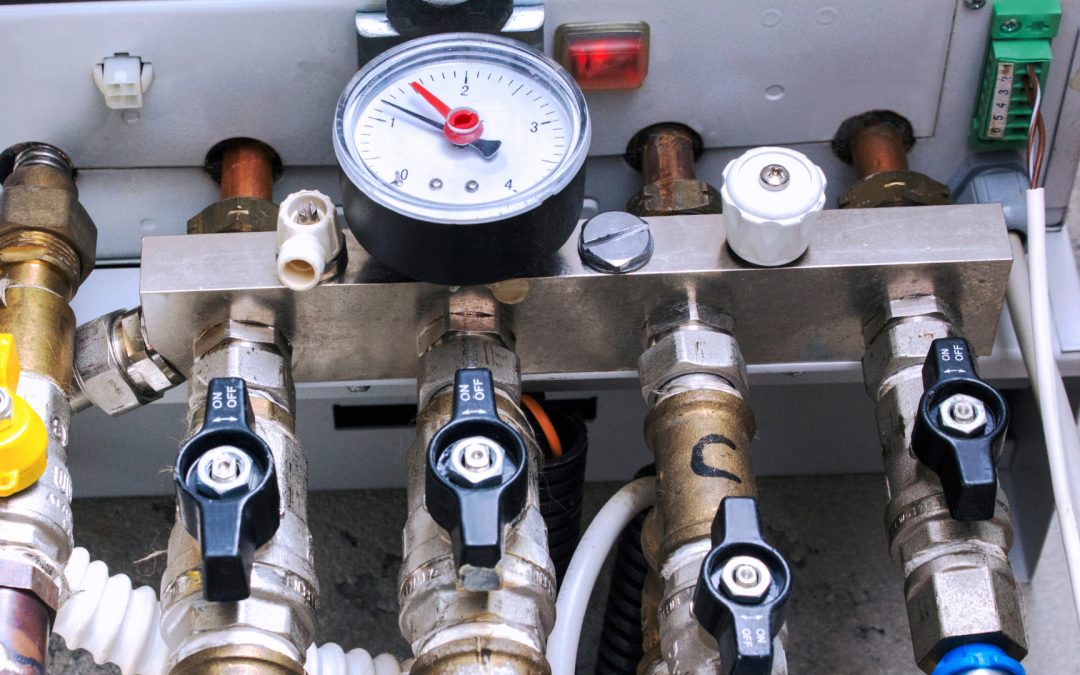It’s hard to predict how much energy a church will use. The main factors are obviously your boiler and the types of insulation you have in place, but there is also the matter of weather conditions. During bad winters, your church can go from a building that uses very little energy to one that needs to keep a lot of people warm during the coldest months. To make things even more interesting, churches often have older boilers than most other buildings due to their long-standing nature. This means they can be inefficient and unreliable as well as expensive to run. But this doesn’t necessarily mean you should rush out and get yourself an ultra-efficient boiler right away. Church buildings are notoriously difficult to heat efficiently because they’re so large with lots of open space, large windows, high ceilings and poor insulation…
Believe it or not, churches are one of the hardest buildings to keep warm in the winter.
If a building isn’t designed with heating in mind, it will be difficult to keep warm in winter. Churches are one of the hardest buildings to keep warm in the UK because they’re built with high ceilings and large windows, which means lots of heat loss through air infiltration. They also tend to be stone or brick buildings, which hold onto their heat more than other materials do. The fact that churches often have lots of natural light coming through their windows further adds to this problem—not only does natural light make things feel warmer than artificial lighting due to its effect on our circadian rhythms, but it also means there’s no insulation between your body and the outside world (or rather: room).
Finally, most churches have large open spaces with no partitions separating them into separate rooms. This makes it impossible for heaters at either end of these spaces from warming up everything around them; instead they just blow hot air into one part while leaving another cold (and this can be even more pronounced if there are several other people standing there).
An old boiler can put a strain on your church’s finances.
An old boiler can cost you more money. Whether it’s from a lack of efficiency or just not being able to heat your building well enough, an old boiler could be costing you extra in energy bills each month. It might be time to invest in a new one that meets all the requirements of church buildings and meets the needs of your congregation.
A new energy-efficient boiler is a great way to cut energy costs.
New boilers are more energy efficient than older models, which means they use less fuel and generate fewer emissions. This can mean significant savings on your heating bills in the long run.
A new boiler may be more economical than an old one if it better suits your needs and lifestyle—for example, it may need to heat a larger area or include additional features such as solar panels for improved air conditioning.
There are different types of boilers available for your church and its needs.
There are different types of boilers available for your church and its needs.
- Oil boilers are the most common, and they come in both gas and solid fuel versions. Gas models tend to be more efficient, while solid fuel ones (usually wood) can be cheaper to run.
- Biomass boilers use woodchips or pellets as their fuel source; these generally have lower emissions than other types of boiler but may cost more per unit of energy produced because you need more woodchips/pellets than you would an equivalent amount of oil in order to produce the same amount of heat.
It’s important to get an energy efficient boiler with the right power and size to suit your church’s needs.
- It’s important to get an energy efficient boiler with the right power and size to suit your church’s needs.
Conclusion
Owning a boiler that is old can have many negative effects on your church bills in the UK. An inefficient boiler will waste fuel, increase your gas and electricity bills, and may need repair more often. It may also produce carbon monoxide or dangerous levels of nitrogen dioxide, which can be fatal! If you’re considering updating your church’s boiler, think about how much money it could save you—and how much safer it could make your building for visitors and employees alike.



Recent Comments